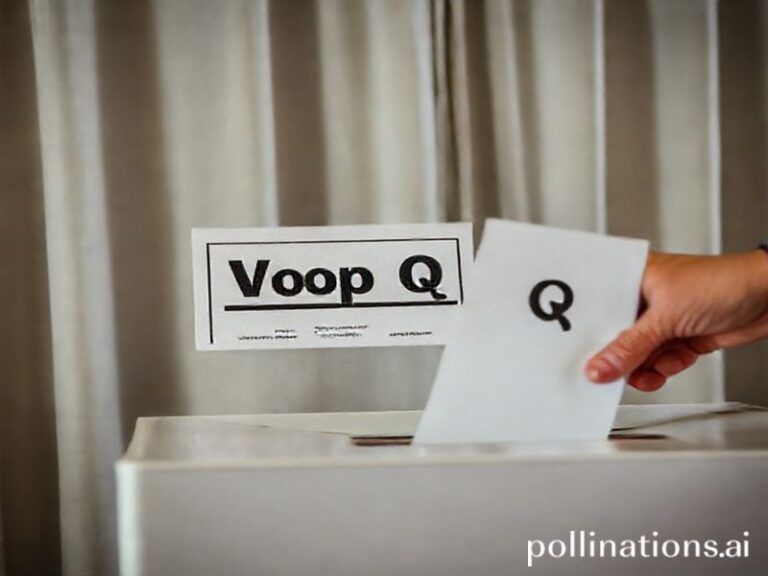Flesh David Szalay: The Viral Sensation That’s Got the World Scratching Its Head (And Maybe Its Skin)
**Title: “Flesh David Szalay: The Viral Sensation That’s Got the World Scratching Its Head (And Maybe Its Skin)”**
Alright, folks, gather ’round. We’ve got a mystery on our hands, a puzzle wrapped in an enigma, served with a side of existential dread. It’s called “Flesh David Szalay,” and it’s the latest internet conundrum that’s got the global community scratching their heads—and, quite possibly, their skin.
**The Phenomenon**
So, what is “Flesh David Szalay”? Well, that’s the million-dollar question, isn’t it? It started as a seemingly innocuous phrase, a name that sounded like it belonged to a character from a cyberpunk novel or a rejected band name from the ’80s. But then, the internet did what the internet does best—it took the phrase and ran with it, turning it into a meme, a joke, a conspiracy theory, and a full-blown cultural phenomenon.
**The Cultural Context**
To understand why “Flesh David Szalay” has taken off, we need to look at the cultural context. We’re living in an era where absurdity is king, where nonsense phrases can become viral sensations overnight. Remember “Zombie Owl 3000”? “Dat Boi”? “Distracted Boyfriend”? They’re all examples of the internet’s penchant for turning the mundane into the extraordinary.
“Flesh David Szalay” fits right in with this trend. It’s a phrase that’s open to interpretation, a blank canvas for the internet’s collective imagination. Some people think it’s a reference to a secret society, others believe it’s a code name for a government experiment, and a few (okay, maybe just one) think it’s a reference to a particularly disturbing body horror film.
**The Social Impact**
But why has “Flesh David Szalay” resonated so deeply with people? Well, for starters, it’s a great way to troll people. Imagine sending a text message that says, “Flesh David Szalay is watching you.” It’s the digital equivalent of knocking on someone’s door and running away. It’s also a great way to start a conversation, a debate, or a full-blown argument.
But beyond the trolling and the memes, “Flesh David Szalay” has a darker side. It’s a reminder of the power of the internet to turn a simple phrase into a cultural phenomenon, to shape our collective consciousness, and to blur the line between reality and fiction. It’s a testament to the internet’s ability to create its own mythology, its own folklore, its own version of reality.
**The Significance**
So, why should we care about “Flesh David Szalay”? Why is it significant? Well, for one thing, it’s a reflection of our times. It’s a symptom of our collective obsession with the absurd, the bizarre, and the unexplained. It’s a sign of the times, a cultural touchstone that defines our era.
But more than that, “Flesh David Szalay” is a reminder of the power of the internet. It’s a testament to the internet’s ability to turn a simple phrase into a cultural phenomenon, to shape our collective consciousness, and to blur the line between reality and fiction. It’s a reminder that the internet is not just a tool, not just a platform—it’s a force of nature, a cultural juggernaut that shapes our lives in ways we’re only beginning to understand.
**Conclusion**
So, what’s the verdict on “Flesh David Szalay”? Is it a joke? A conspiracy theory? A secret society? A government experiment? A body horror film? The truth is, it’s all of these things and none of them. It’s a cultural phenomenon, a viral sensation, a testament to the power of the internet. And like all great cultural phenomena, it’s open to interpretation, a blank canvas for the internet’s collective imagination.
So, the next time you hear the phrase “Flesh David Szalay,” don’t panic. Don’t scratch your skin. Don’t start a conspiracy theory. Just smile, shake your head, and marvel at the power of the internet. Because in the end, that’s what “Flesh David Szalay” is all about. It’s a reminder of the internet’s ability to turn the mundane into the extraordinary, to shape our collective consciousness, and to blur the line between reality and fiction. And isn’t that what the internet is all about?







